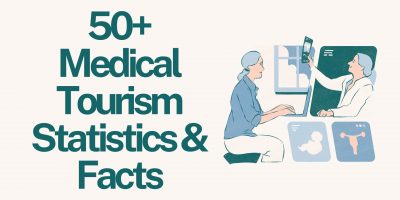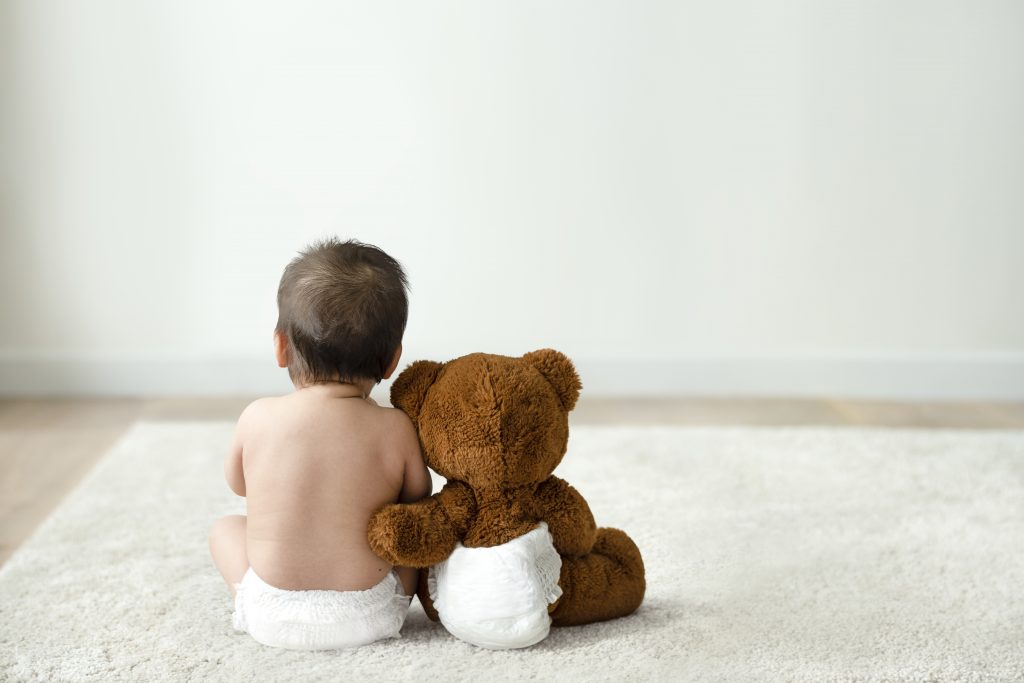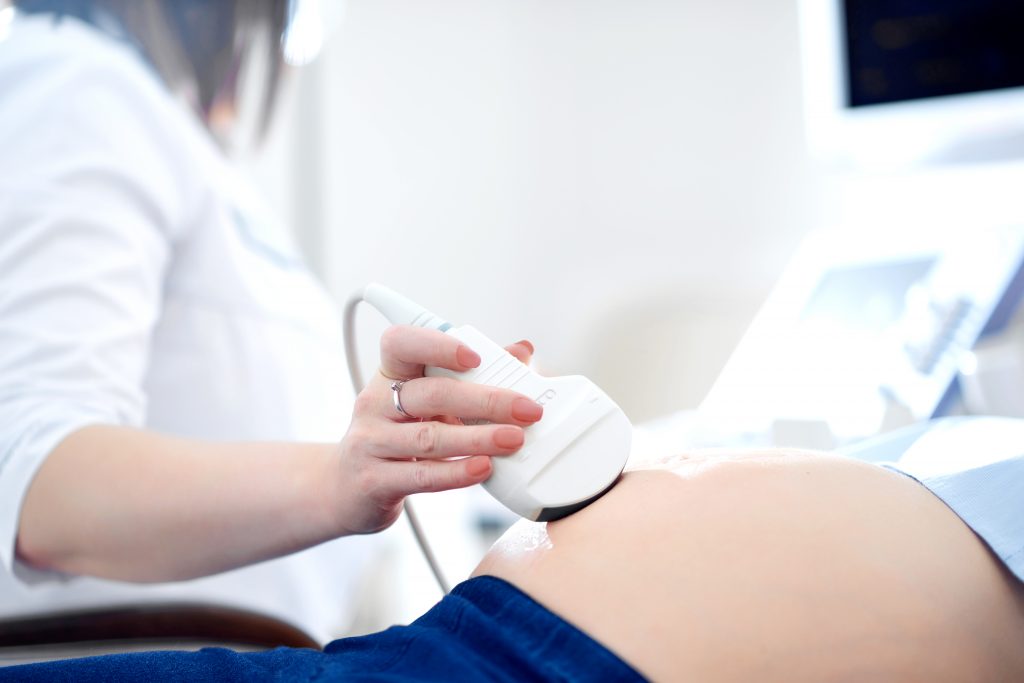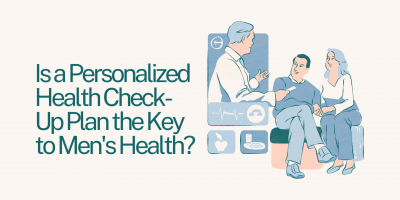
50+ Medical Tourism Statistics & Facts
Discover the global landscape of medical tourism, explore insights by country, cost savings, and future projections in healthcare travel.

Egg freezing is a popular, emerging procedure that attracts many women in their 20s and 30s. However, there are still debates among the scientific circles about this procedure’s validity. Whether or not this is a good option is up for women to decide according to the available data.


In 2021, egg-freezing cycles jumped 31% compared to the year before. (SART, 2023)
The total fertilization cycles using frozen eggs increased by 19% in 2021 compared to 2020. (SART, 2023)

Browse our curated list of vendors to find the best solution for your needs.
Subscribe to our newsletter for the latest trends, expert tips, and workplace insights!

Discover the global landscape of medical tourism, explore insights by country, cost savings, and future projections in healthcare travel.

Explore the difference between group insurance and blanket health policies to help you choose the right insurance plan for your organization.

Exacerbated by societal expectations and stereotypes, the silent threats to men’s health persist, leading to higher rates of mortality and morbidity in this gender. Can personalized preventative care change this?

Explore 30+ insights that show the adverse effects of tobacco and nicotine on employees’ health and the company’s success.
Used by most of the top employee benefits consultants in the US, Shortlister is where you can find, research and select HR and benefits vendors for your clients.
Shortlister helps you reach your ideal prospects. Claim your free account to control your message and receive employer, consultant and health plan leads.